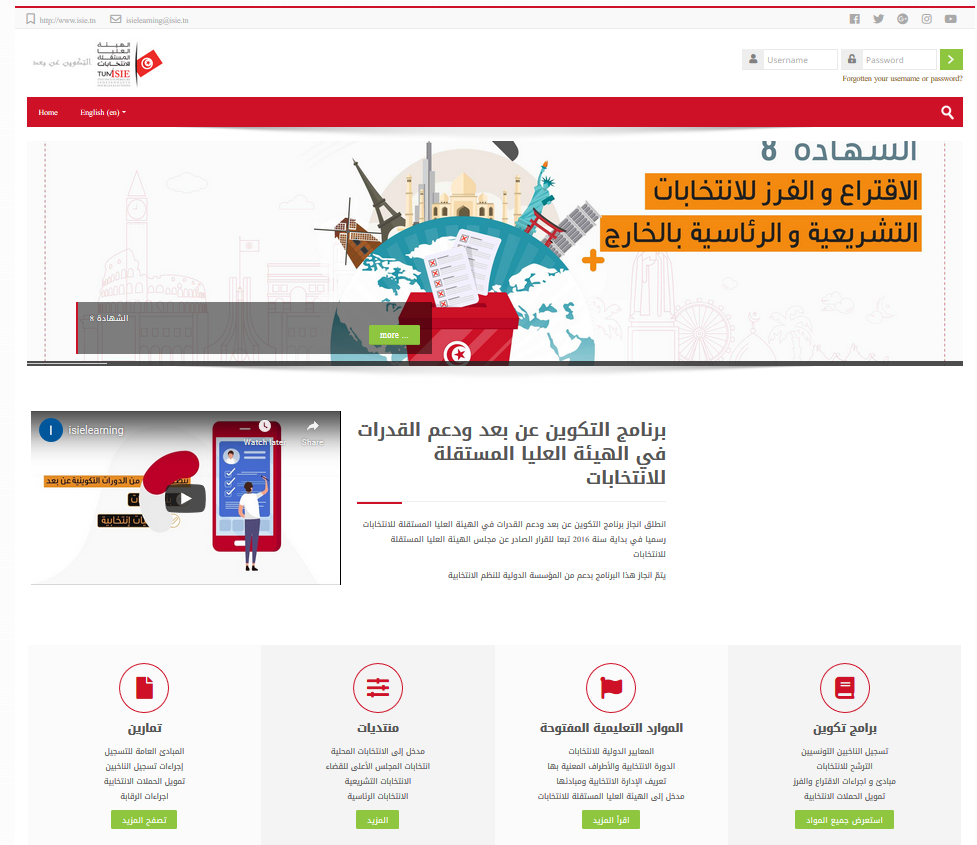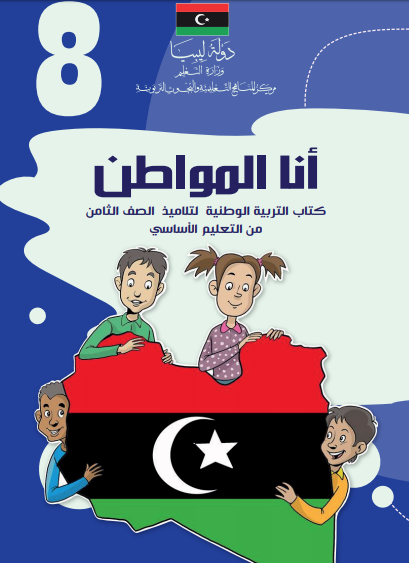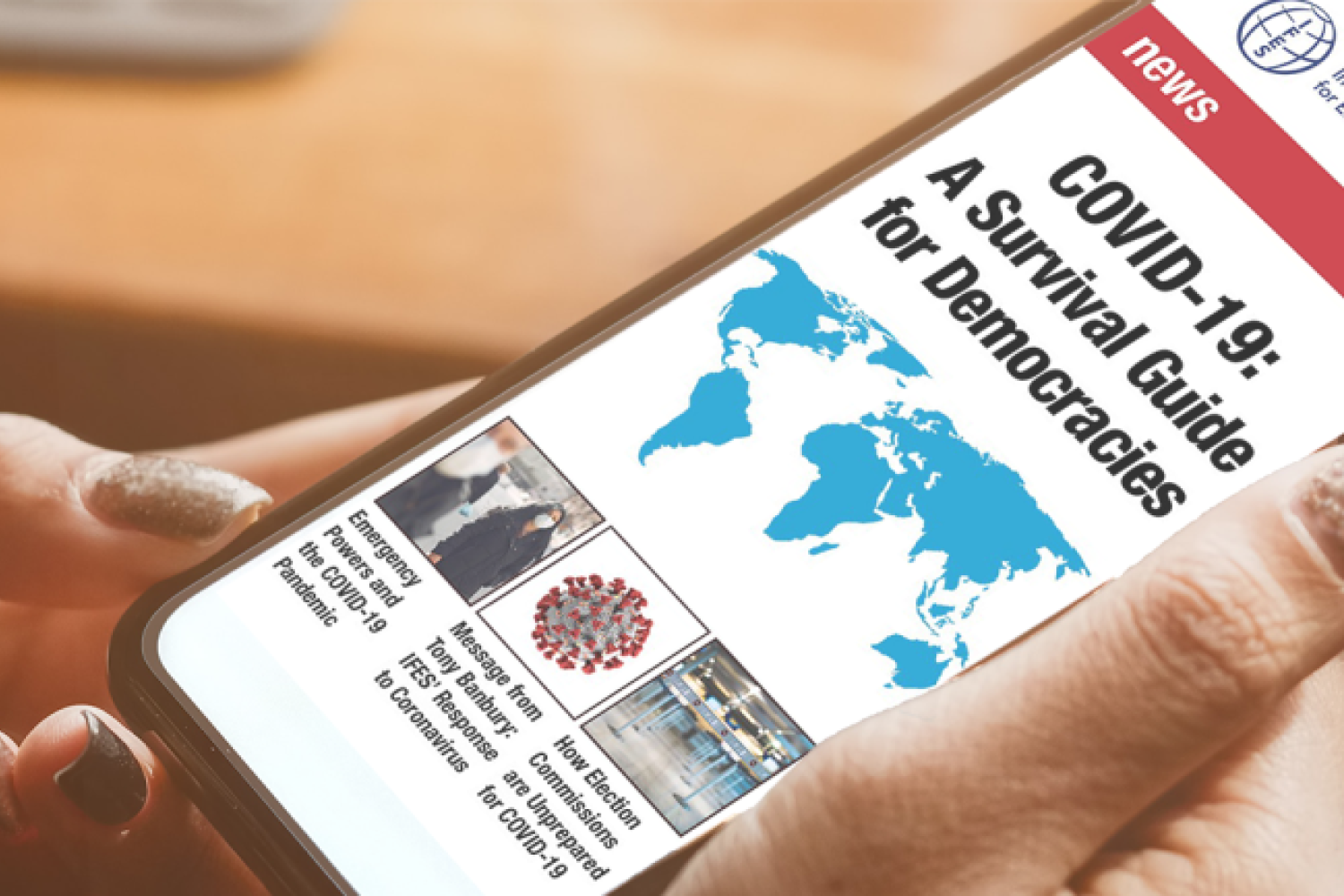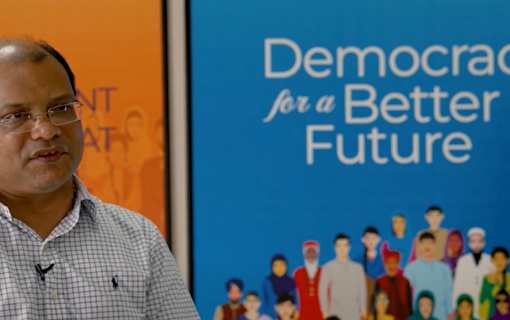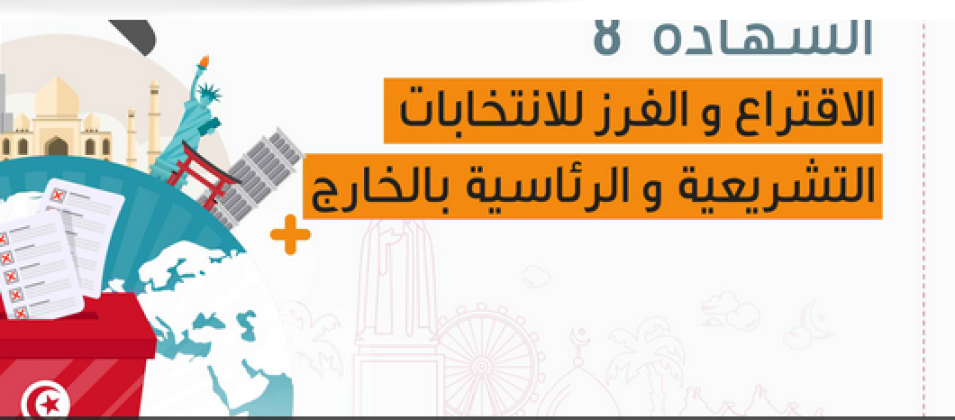
Democratic Stakeholders Adapting in MENA
by Suzanne Abdallah and Eric Hodachok
Across the Middle East and North Africa, the International Foundation for Electoral Systems (IFES) works with local partners to strengthen the integrity and credibility of election processes and democratic institutions. This mission has become even more critical in the wake of the COVID-19 pandemic, where the exercise of enhanced government power through emergency measures has become widespread. With governments across the region imposing a variety of emergency restrictions to combat the COVID-19 pandemic, IFES is adapting its support to ensure the critical work of promoting and protecting democracy continues.
IFES' ability to adapt quickly has been refined over decades of working in challenging environments and is bolstered by deep networks of local and regional partners.
The Tunisian government has locked down the country in response to COVID-19, requiring citizens to stay home except to procure essential goods and supplies and imposing a curfew from 6 p.m.-6 a.m. each day. In response, IFES is working with the High Independent Authority for Elections (ISIE) and the Court of Accounts (CoA) to adapt to these restrictions in real time, and to plan for future elections that may be impacted by a landscape changed by the pandemic.
IFES provided the ISIE with a wide range of technical assistance and training ahead of the 2019 presidential and parliamentary elections, including through the IFES-created e-learning platform, which currently consists of 10 modules on various electoral topics. While the coronavirus did not impact preparations for or conduct of the 2019 elections, it has raised important questions about how the e-learning platform may be used as a primary source of training for election officials, rather than a supplementary resource in a blended training approach that follows or precedes in-person workshops. To make this possible, IFES has been addressing some of the key issues that have impeded extensive online training during past elections, such as connectivity and access to a computer or tablet, by making the e-learning platform available on smartphones.
Additionally, the e-learning platform may be used as a recruitment and assessment tool to ensure the ISIE can secure qualified and well-prepared election officials, with reduced reliance on in-person interviews. For example, the ISIE may use the e-learning platform during the recruitment phase for poll workers to test applicants’ knowledge through a test at the end of each course. The ISIE may select applicants based on test scoring, which would also help identify areas of needed supplementary training – for both applicants and selected candidates – to further enhance skills ahead of Election Day. IFES proposed this approach during the 2019 national elections, but it could not be implemented due to the compressed electoral timeline following the death of the then-president. This suggestion could be piloted during the municipal by-elections, which were originally scheduled for March but have been postponed due to the pandemic.
Beyond election support, IFES has also been supporting institutions in Tunisia to strengthen transparency and oversight around political spending during campaigns, which is fundamental to addressing public corruption more broadly. IFES has been applying new technological tools to support the ISIE, and now the CoA, in both institutions’ campaign finance oversight role. While the ISIE monitors compliance with campaign finance rules during elections, in the post-election period the CoA reviews candidates’ paperwork to determine the legitimacy of electoral spending, calculate reimbursements and, if needed, sanction candidates or refer cases to the judiciary. IFES has been supporting the development of the CoA’s new information technology (IT) platform, which will enable candidates to upload their campaign finance documents directly to the online platform and allow judges and clerks to then review those documents.
Though the functionality for candidates to directly upload documentation is not yet complete, in early 2020 judges and clerks began reviewing campaign accounts for the 2019 national elections on the new IT platform. As a result of government-imposed restrictions around COVID-19, however, CoA judges and clerks temporarily halted campaign finance monitoring work due to a lack of remote access to the IT platform. In response, IFES identified a solution that will offer, through a virtual private network, secure access to the platform to allow judges and clerks to resume their oversight work. Furthermore, once the functionality for candidates to upload their campaign finance accounts is complete, this will facilitate submission for future elections. This will be a significant advancement, given there are only five locations in the country where candidates can file their accounts in person. It will also allow for ongoing oversight in the face of any future restriction on movement and will be operational for the next municipal by-elections.
In Libya, travel and movement restrictions have been imposed in response to COVID-19 – including a complete lockdown and public movement limited to only foot traffic from 8:00 a.m.-12:00 p.m. This has made an already-difficult program more challenging. However, IFES designed creative and innovative approaches to programming in Libya from the outset that could mitigate the challenges posed to direct in-person engagement by the country’s pervasive instability. For example, IFES is engaging Libya’s High National Elections Commission on the possibility of remote, web-based training for staff, building on a series of in-depth technical trainings provided out of country. While limited internet bandwidth remains a challenge, a number of trainings lend themselves to distance learning and IFES is exploring options to make it more feasible. IFES also continues to work with the election commission on long-term assistance plans.
IFES is also continuing its fundamental civic education work with Libya’s Ministry of Education. The developers of IFES’ civic education curriculum continue to meet virtually on a weekly basis to ensure there are no delays in its expansion. The ministry has also already included IFES’ existing curriculum in televised classes for students whose schools are shut down. Ultimately, IFES remains fully engaged with its partners in Libya on the tough work of incremental reform and democratic transformation.
The pandemic will temporarily – and in some cases permanently – change how elections are organized.
The COVID-19 pandemic triggered a global crisis that has impacted democratic governance, disrupted the functioning of electoral institutions and resulted in the postponment of elections across the world. The pandemic will temporarily – and in some cases permanently – change how election officials are trained, how campaign finance is monitored, how citizens are empowered, and in general how elections are organized. IFES will continue to work with its partners across the Middle East and North Africa to constantly adapt to challenges, with the ultimate goal of supporting democracies that deliver for all.
Suzanne Abdallah is a senior program manager for Tunisia and Eric Hodachok is a senior program manager for the Middle East and North Africa at IFES.




